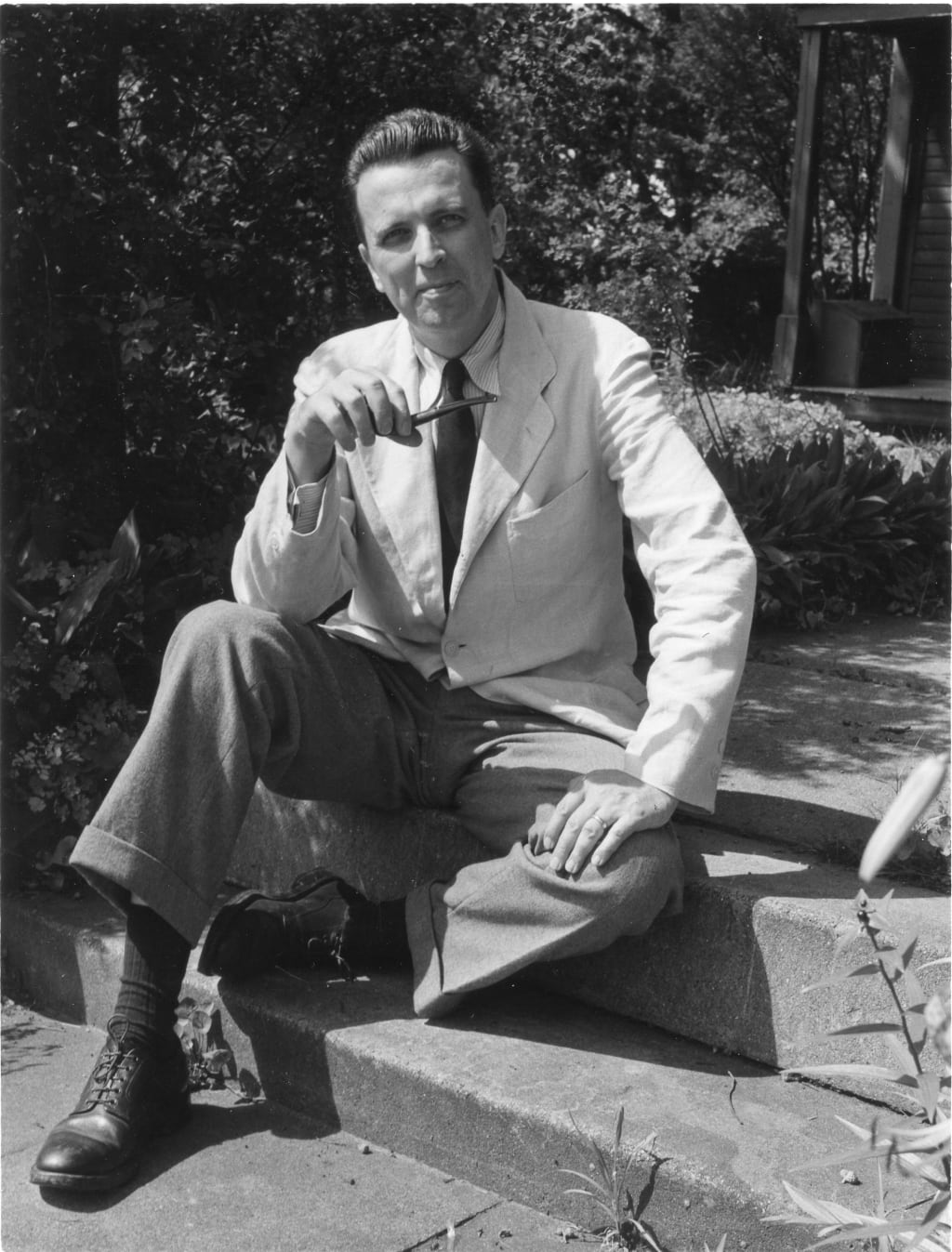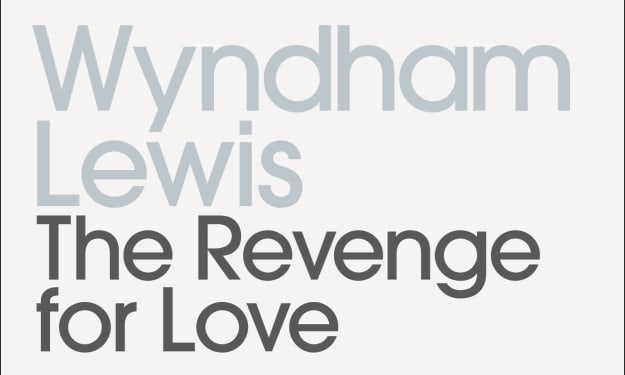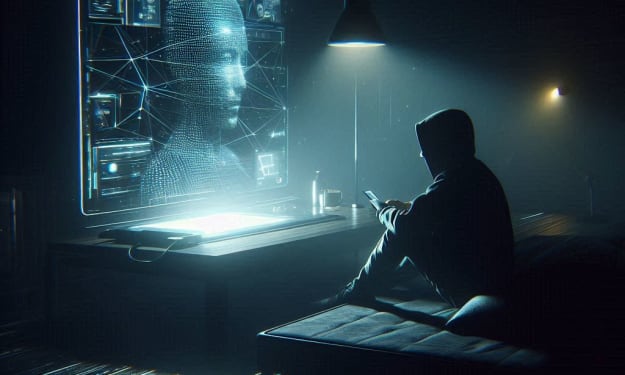A Guide to the Works: JF Powers
b. 8th July, 1917 - d. 12th June, 1999

Illinois born author JF Powers is probably best known for his work during the Catholic Revival Era of literature and his characters such as Father Urban from "Morte D'Urban" showcase this in some of the best ways possible. In his work on "The Catholic Imagination in American Literature", theorist Ross Labrie writes about Morte D'Urban as presenting the 'bifurcated nature of the role of the priest' (Labrie, p.183) - which is possibly the clearest way of explaining what most of Powers' fiction. It is a critique of how religion changed in America after the second world war and not only does it have themes of Christianity, it has themes that are linked to the changing view of Christianity at a critical turning point in American industry. There are so many great things about the works of JF Powers and we're going to discuss some of them here today on the anniversary of his death.
Some of the themes in the works of JF Powers include:
- The American Dream in Comparison to the Rules of Religion
The fact that most of the American Dream relies on having a lot of money, possessions etc. means that this would naturally come into conflict with the rules and regulations of religion. A lot of JF Powers' main characters pursue the American Dream - including the famed Father Urban. But, at many different costs, including social anxieties and even losing their positions in the church and state.
- The Catholic as an Outsider
As Powers' was raised in Illinois, Catholics were a minority in where he came from and so, they were already on the outskirts of society as people and as a religion. Many of Powers' main characters are not only on the outskirts of society because of their faith, they are also on the outskirts of the fashionable religious group. The populist sectors of the religion present themselves as new, improved versions of the main character's self that they just cannot change themselves to be. This moves them on to the outside of the religious group. Much like when Father Urban is moved physically to a different place halfway through the book.
- Materialism
Even though Father Urban seems backwards in some aspects of Catholicism, his own beliefs root themselves in materialism and the want for the American Dream. The reason for this is to present that divided mind that was spoken about in the beginning of this article. It is not only the material vs. the religious but also the rational vs. the irrational. The rational mind is that of the religious one that Father Urban has stuck to for most of his priest career, but the irrational is the one that links itself to the American Dream. As the book progresses, it becomes more and more apparent that Father Urban seeks to materialise the Catholic Church of America. This is the conflict
- Pain and Suffering
Whether for comedic effect as for example Father Urban being hit in the head with a golfball and ending up in hospital, or for the impact of showcasing the emotional and psychological realm, Powers makes an excellent argument for pain and suffering as being a part of the religious tolerance of the changing world. First and foremost, we have the forgiveness towards someone else who causes pain and suffering upon another, and then we have the tolerance and endurance of psychological pain for a certain cause. Both of which produce results at the end of the book that will come to change the character forever.
- Efficiency
Father Urban produces a plan for a more efficient and popular church after realising his own medieval ideals (referencing towards the Arthurian quotes in the text) and making it so that he and the church are more adhering to the changing America. This efficiency is presented as the affluent and richer people of the novel becoming more actively involved with the church, a plan formulated by Father Urban. In Powers' writing, there is a mass of this not just through the efficiency of the church but the efficiency of characters functioning in the changing country whilst they themselves, seek the American Dream.
If you would like to begin your journey into reading JF Powers, then my suggestion is that you start with either his book of short stories or his novel Morte D'Urban - both are published by New York Review Books. But I hope you join with me in remembering this great writer on the anniversary of his death.
About the Creator
Annie Kapur
200K+ Reads on Vocal.
Secondary English Teacher & Lecturer
🎓Literature & Writing (B.A)
🎓Film & Writing (M.A)
🎓Secondary English Education (PgDipEd) (QTS)
📍Birmingham, UK
X: @AnnieWithBooks
Enjoyed the story? Support the Creator.
Subscribe for free to receive all their stories in your feed. You could also pledge your support or give them a one-off tip, letting them know you appreciate their work.






Comments
There are no comments for this story
Be the first to respond and start the conversation.